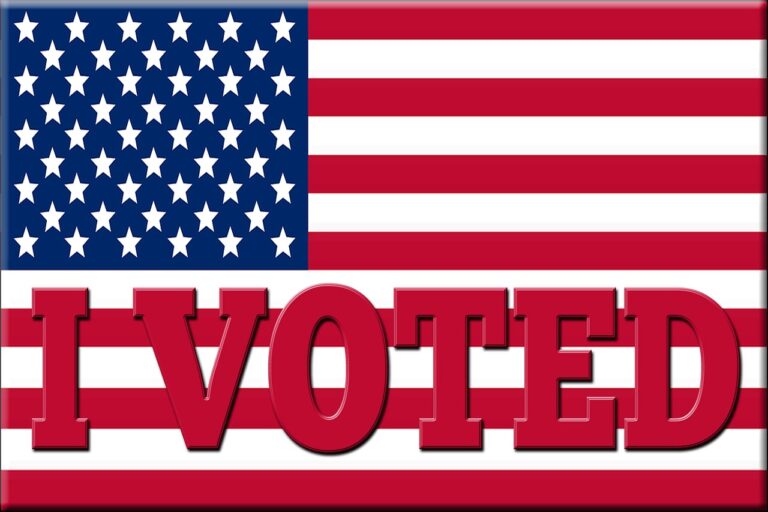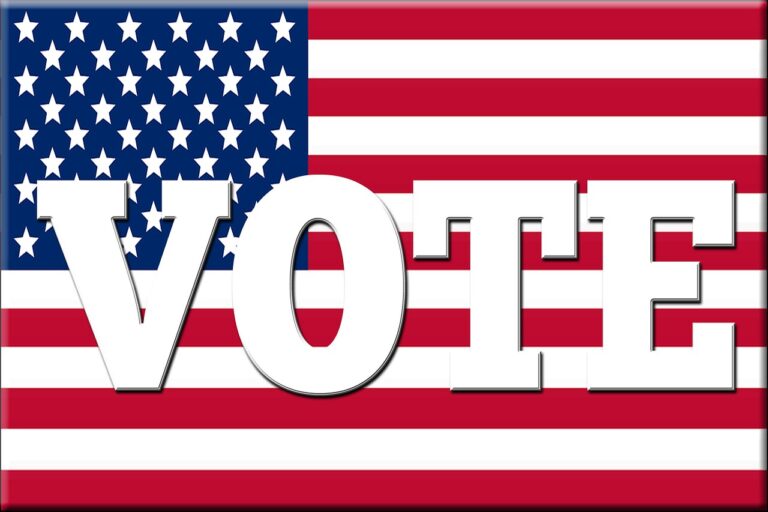The Psychology of Voting: Understanding Voter Decision Making
bet book 247 sign up, radhe exchange app download, bethub777:The Psychology of Voting: Understanding Voter Decision Making
Voting is a fundamental aspect of democracy, giving citizens a chance to have their voices heard and influence the direction of their country. But have you ever wondered what influences voter decision-making when they step into the voting booth? The psychology behind voting is a complex and fascinating subject that sheds light on why people make the choices they do on election day.
In this article, we will explore the psychology of voting, delving into the various factors that can influence a voter’s decision-making process. From emotions and beliefs to social influences and cognitive biases, there are many psychological forces at play when it comes to casting a ballot.
The Influence of Emotions
Emotions play a significant role in voter decision-making. Research has shown that emotions can heavily influence how people perceive political candidates and issues. For example, a voter who is feeling fearful or anxious may be more likely to vote for a candidate who promises to prioritize national security. On the other hand, a voter who is feeling hopeful or optimistic may be drawn to a candidate who focuses on unity and progress.
Beliefs and Values
One of the most crucial factors in voter decision-making is a person’s beliefs and values. People tend to vote for candidates who align with their own beliefs and values, whether they are related to social issues, economic policies, or other important issues. For example, a voter who values environmental protection may be more likely to support a candidate who prioritizes climate change initiatives.
Social Influences
Social influences can also play a significant role in voter decision-making. People are often influenced by their friends, family, and community members when it comes to choosing who to vote for. Social media and news outlets can also have a powerful impact on voter decisions, shaping opinions and perceptions of political candidates and issues.
Cognitive Biases
Cognitive biases are another important factor to consider when it comes to voter decision-making. These biases can lead people to make irrational or illogical choices based on faulty reasoning. For example, confirmation bias can cause people to seek out information that confirms their existing beliefs, while availability bias can cause people to rely on readily available information when making decisions.
Understanding these psychological factors can help us better understand voter behavior and the choices people make on election day. By recognizing the influence of emotions, beliefs, social influences, and cognitive biases, we can gain insight into why people vote the way they do and how to engage with voters more effectively.
Heading: The Role of Campaign Messaging
Campaign messaging plays a crucial role in voter decision-making. Political candidates use a variety of tactics to appeal to voters, from highlighting their own strengths to attacking their opponents. The way a candidate frames their message can have a significant impact on how voters perceive them and ultimately, how they vote.
Heading: The Power of Political Advertising
Political advertising is another key influencer of voter decision-making. Candidates spend large sums of money on advertising campaigns to reach and persuade voters. These ads can shape public opinion, reinforce existing beliefs, and even change the minds of undecided voters.
Heading: The Importance of Candidate Image
A candidate’s image and persona can also play a significant role in voter decision-making. People are drawn to candidates who they perceive as trustworthy, competent, and relatable. A candidate’s personal characteristics and behavior can influence how voters feel about them and whether they choose to support them on election day.
Heading: The Impact of Social Identity
Social identity theory suggests that people’s sense of identity is closely tied to the groups they belong to, such as their political party, race, religion, or socioeconomic status. People are more likely to vote for candidates who they believe share their social identity and values, as this can strengthen their sense of belonging and connection to the candidate.
Heading: Overcoming Voter Apathy
Voter apathy is a significant challenge in many democracies, with a large percentage of eligible voters choosing not to participate in elections. Understanding the psychology of voting can help us address this issue by engaging with voters on a deeper level, addressing their concerns, and making the voting process more accessible and appealing.
Heading: The Future of Voter Decision-Making
As technology continues to evolve and society changes, the psychology of voting will likely continue to evolve as well. New tools and techniques, such as data analytics and social media targeting, will shape how political campaigns reach and influence voters. By staying informed about these developments, we can better understand how voter decision-making is changing and how to adapt our strategies accordingly.
FAQs
Q: Can voter decision-making be influenced by fake news and misinformation?
A: Yes, fake news and misinformation can have a significant impact on voter decision-making. When people are exposed to false or misleading information, it can shape their perceptions of candidates and issues, leading them to make uninformed or biased choices on election day.
Q: What can be done to combat voter polarization and tribalism?
A: Addressing voter polarization and tribalism requires a concerted effort from political leaders, the media, and the public. Encouraging civil discourse, promoting empathy and understanding, and fostering diversity of viewpoints can help bridge the divide and create a more inclusive and united society.
Q: How can individuals become more informed voters?
A: To become more informed voters, individuals should seek out reliable sources of information, fact-check news and social media content, and engage with a variety of perspectives. Educating oneself on candidates’ platforms, policies, and track records can help make more informed decisions at the polls.
In conclusion, understanding the psychology of voting is essential for creating a more informed and engaged electorate. By recognizing the various factors that influence voter decision-making, we can better understand why people vote the way they do and how to effectively engage with voters. As we continue to evolve our understanding of voter behavior, we can work towards building a healthier and more democratic society for all.







